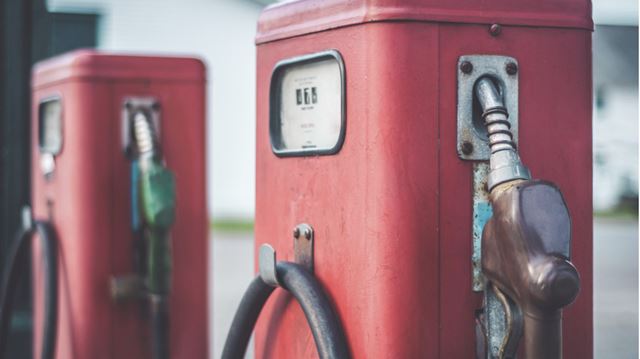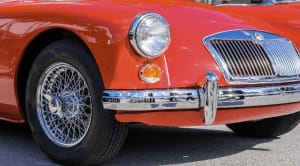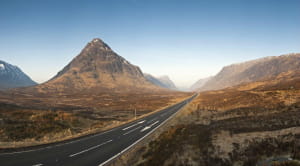
Now that diesel and petrol cars are to be outlawed by 2040, here’s what you need to know about what was once seen as the environmentally-friendly option
Look back through our timeline of diesel and the legacy it will leave behind
If the diesel car is to go the way of the dinosaur – along with petrol, as the Government’s recent announcement suggests – it marks a major U-turn. For the past few years, close to half the new cars sold in the UK have been diesels, for sound economical reasons.So what changed? Essentially, the focus shifted from global climate change to local air quality. Climate-change CO2 reduction has taken a back seat to pollutants such as NO2. Older diesel engines are prime offenders here, while petrols have long been much cleaner in those respects.
But there are diesels and diesels – a new one is very different from a 20-year-old saloon. Diesels have got much, much cleaner, but they’ve become tarred with the same brush as their older counterparts.
A brief history of diesel cars
1980s-mid 1990sDiesel engines are transformed by turbochargers and direct injection. In 1995 diesel cars make up less than 10% of the car pool in Europe.
1997
Kyoto protocol is signed, legally obliging UN nations, including EU members, to reduce CO2 emissions. It is estimated diesel cars emit around 20% less CO2 than petrol cars.
1998
In Europe, car manufacturers agree to reduce CO2 emissions by 25% over 10 years, backed by EU Transport Commissioner Neil Kinnock and Environment Secretary John Prescott.
2001
Gordon Brown introduces tax breaks for diesel cars – sales surge.
2010
Sales of diesel cars overtake petrol cars for first time. UK is in breach of EU limits for NO2.
2011
Diesel car sales peak at 55.7% of UK market.
2014
EU directives to reduce harmful pollutants from exhausts (EU1 to EU6) become ever more stringent through 2000s. EU6, issued in 2014, requires a drop in the permitted level of NO2 from 180mg/km to 80mg/km.
2015
VW scandal breaks. ‘Defeat devices’ in diesel VW engines detect when they’re being tested (in the lab) and change performance so that dangerous emissions aren’t an issue.
Former science minister Lord Drayson admits the government’s support of diesels was an error and toxic pollution issues were avoided. He backs the idea of diesel scrappage scheme.
2016
5,900 early deaths are caused every year in London by NO2 pollution. Putney High Street exceeds the hourly limit over 1,200 times this year.
The Royal College of Physicians and of Paediatrics and Child Health warns that air pollution contributes to 40,000 deaths a year.
Doctors Against Diesel campaign launched to help protect public health.
2017
London Mayor Sadiq Khan supports a mooted scrappage scheme to incentivise owners of old diesel cars to upgrade to cleaner cars. “It is shocking that nearly half of new car sales in the UK are still diesel vehicles,” he said in February.
New diesel car sales drop over 9% on this time last year as strict pollution taxes are promised by government.
On 8 June the government’s latest air-quality plan is submitted but denounced as inadequate. A chaotic general election result creates further confusion.
New real-world tests will start to supplement/replace outdated testing protocols to produce more reliable data on pollution emissions.
The £10 T- or Toxicity-Charge will come into effect in London, essentially for vehicles registered before 2006. From 23 October 2017, cars, vans, minibuses, buses, coaches and heavy goods vehicles (HGVs) in central London have to meet minimum exhaust emission standards, or pay a daily £10 surcharge. This is in addition to the Congestion Charge.
In July it is announced that Britain will ban the sale of all diesel and petrol cars and vans from 2040, amid rising fears about its effects on public health.
2019
A new Ultra Low Emission Zone is to be introduced in London with a fee of £12.50, to replace T-Charge. This will apply to pre-2015 diesels.
A longer version of this article appeared in the July/August issue of Boundless magazine, which went to press before the announcement of the ban on petrol and diesel cars by 2040. This is an updated version.




